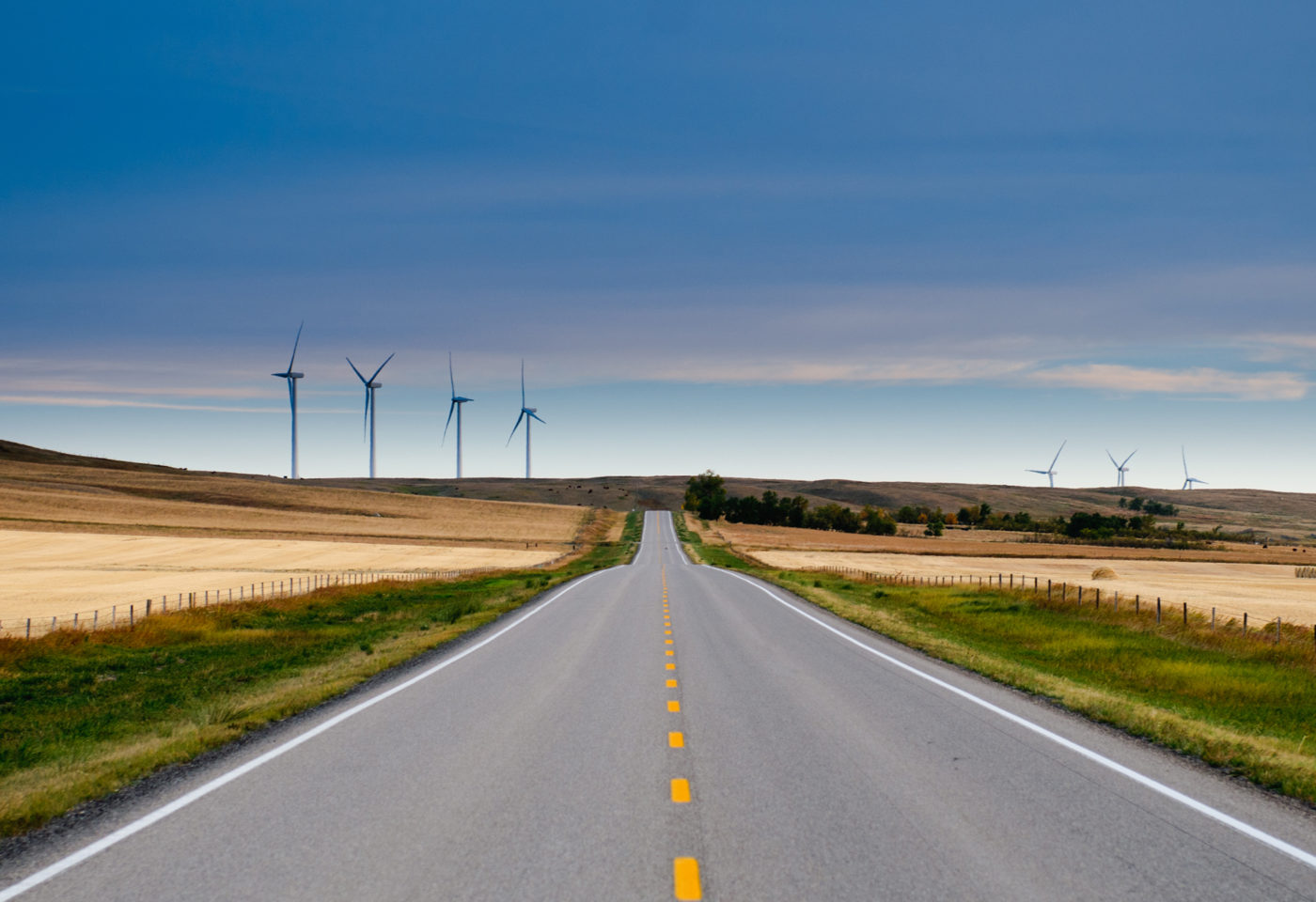Western provinces appeared to fare well in the Premiers’ Summit held last week in Yukon.
Before the summit, premiers across the country spoke publicly about some of their goals for the summit. For the premiers of Alberta, British Columbia and Saskatchewan, these included a deal on interprovincial trade and on energy infrastructure.
The agreement in principle on internal trade is a landmark trade deal that, subject to follow-up talks, will support trade, labour mobility and investment. This agreement will also be based on a ‘negative list’ approach, where all government measures will be covered unless specifically excluded, a measure designed to reduce interprovincial bureaucracy. While the premiers called the agreement ground-breaking, doubts have been expressed that the deal will result in much progress for diverging provincial goals, which have been notoriously difficult to manage.
B.C. reached an agreement with Ontario and Quebec that allows the people living in each of the three provinces to buy wine from the other two. This will be particularly beneficial to B.C.’s wine industry.
Energy infrastructure was a big ask for the premiers of Alberta, B.C. and Saskatchewan. Premiers discussed the Canadian Energy Strategy (CES), which began at the Premiers’ Summit in 2015. Their work this summit was focused on energy infrastructure, to maximize export and import efficiency, and on developing new energy technologies.
The premiers of Alberta and Saskatchewan also saw movement towards a natural disaster response plan. At the summit, the premiers criticized the federal government’s current natural disaster response plan. They also directed their ministers responsible for disaster response to collaborate on a new natural disaster response plan, in conjunction with the federal government.
It was not all sunshine for the West, however. One of the big asks for B.C., Saskatchewan and Manitoba was coordinated regulation for legalizing marijuana; this was not directly addressed at the summit. The other big ask for Manitoba, further enhancements to the Canada Pension Plan, was also not addressed.
Saskatchewan Premier Brad Wall’s call for unified opposition to the federal carbon tax also failed to win support. On the other hand, premiers did support Wall’s call for increased infrastructure funding from the federal government.
Alberta Premier Rachel Notley also did not win public support from the other premiers for a coordinated climate plan.
Premiers also agreed to create a joint letter to Prime Minister Justin Trudeau, asking him to advocate more strongly for the softwood lumber trade to the United States.
Western premiers’ wins and misses |
|
What they wanted |
What they got |
Interprovincial trade (AB, BC, SK) |
Premiers struck an agreement in principle on internal trade. Details are to be worked out in subsequent talks. |
Energy infrastructure (AB, SK, BC) |
Premiers advance a plan for responsible energy development. |
Marijuana regulation (SK, BC, MB) |
Statement silent on this issue. |
Climate plan (AB) |
Statement silent on this issue. |
Natural Disaster response plan (AB, SK) |
Premiers criticize national disaster response plan and are committed to developing a new inter-provincial model. |
No carbon tax (SK) |
Statement silent on this issue. |
Infrastructure federal funding (SK) |
Premiers offer support for federal government’s infrastructure spending. |
Canada Pension Plan enhancements (MB) |
Statement silent on this issue. |
– Sarah Pittman is a research intern
